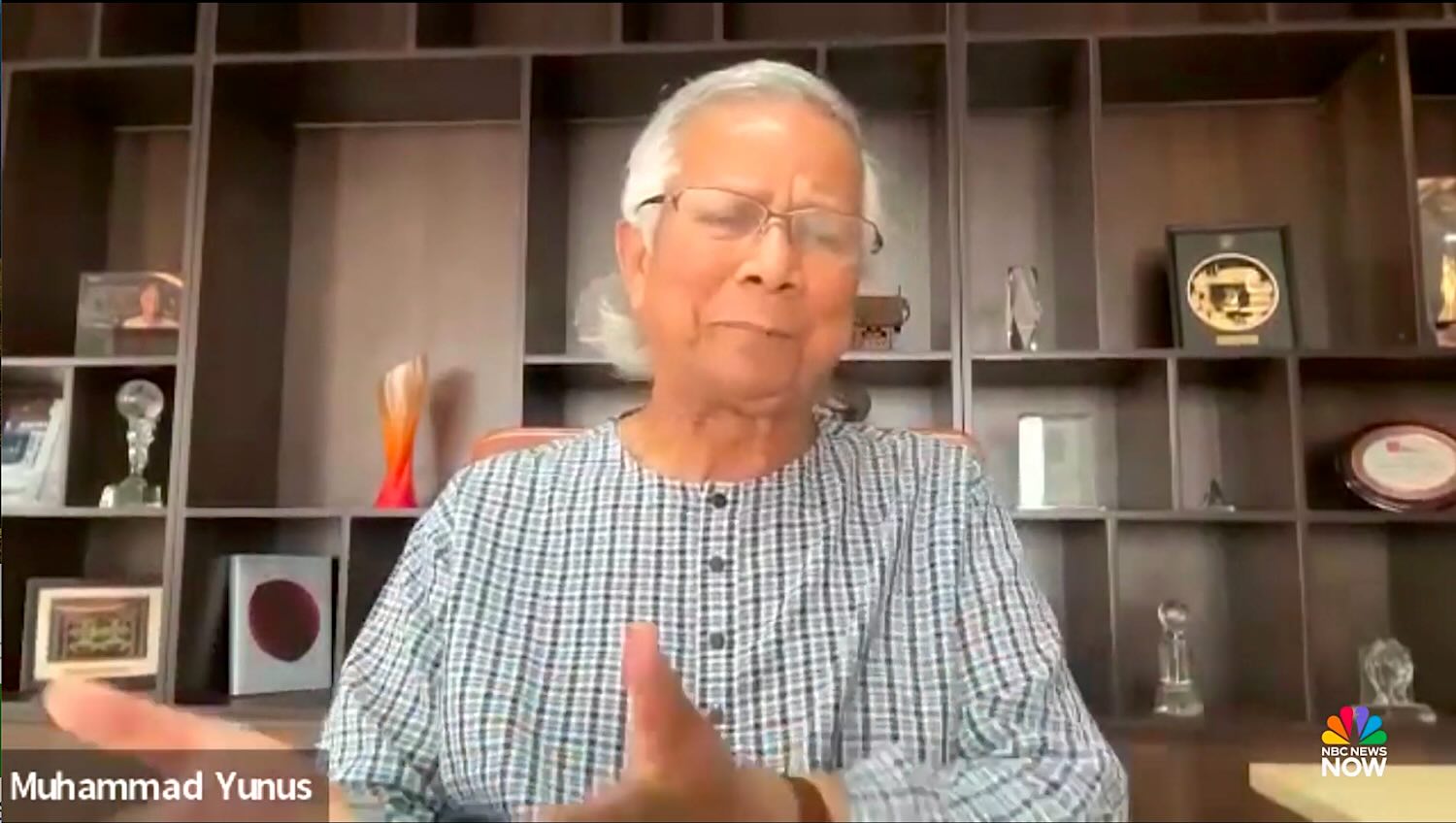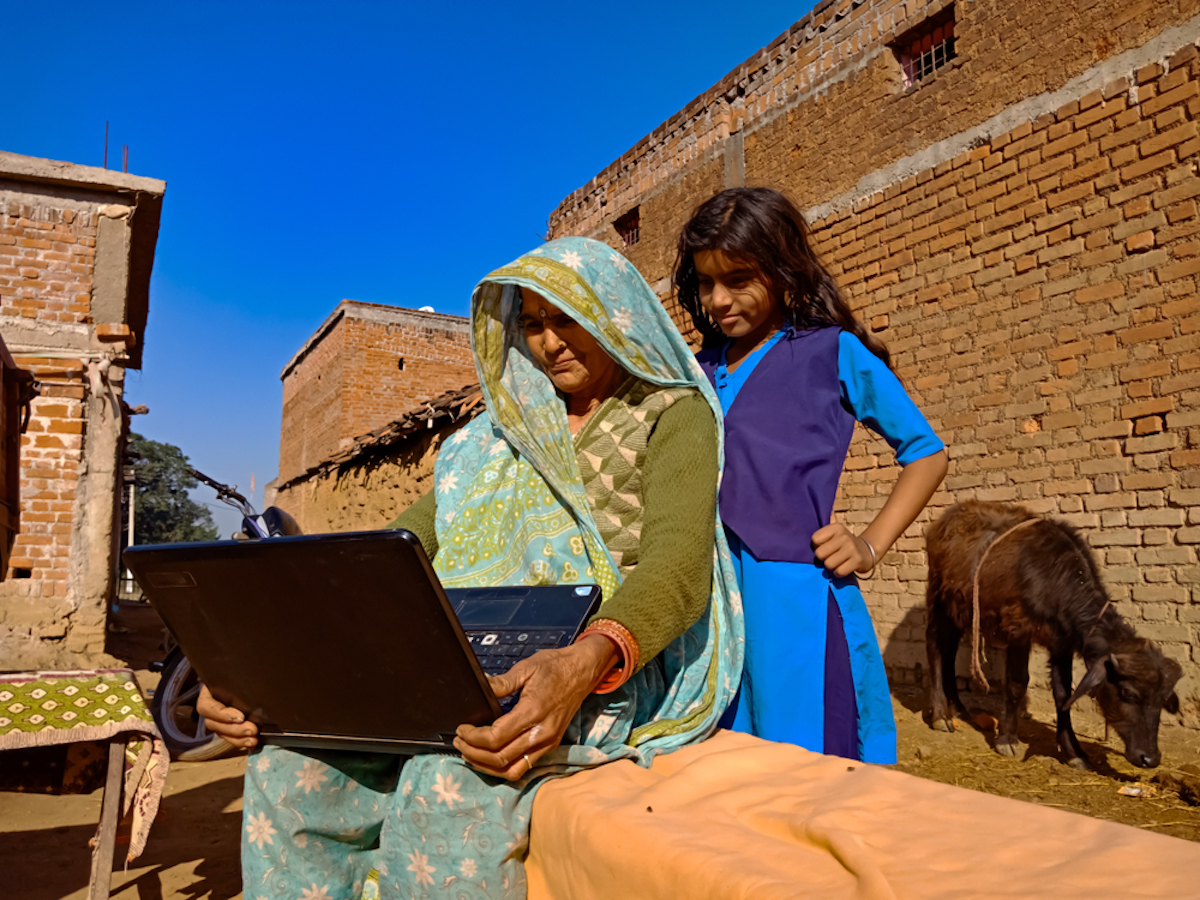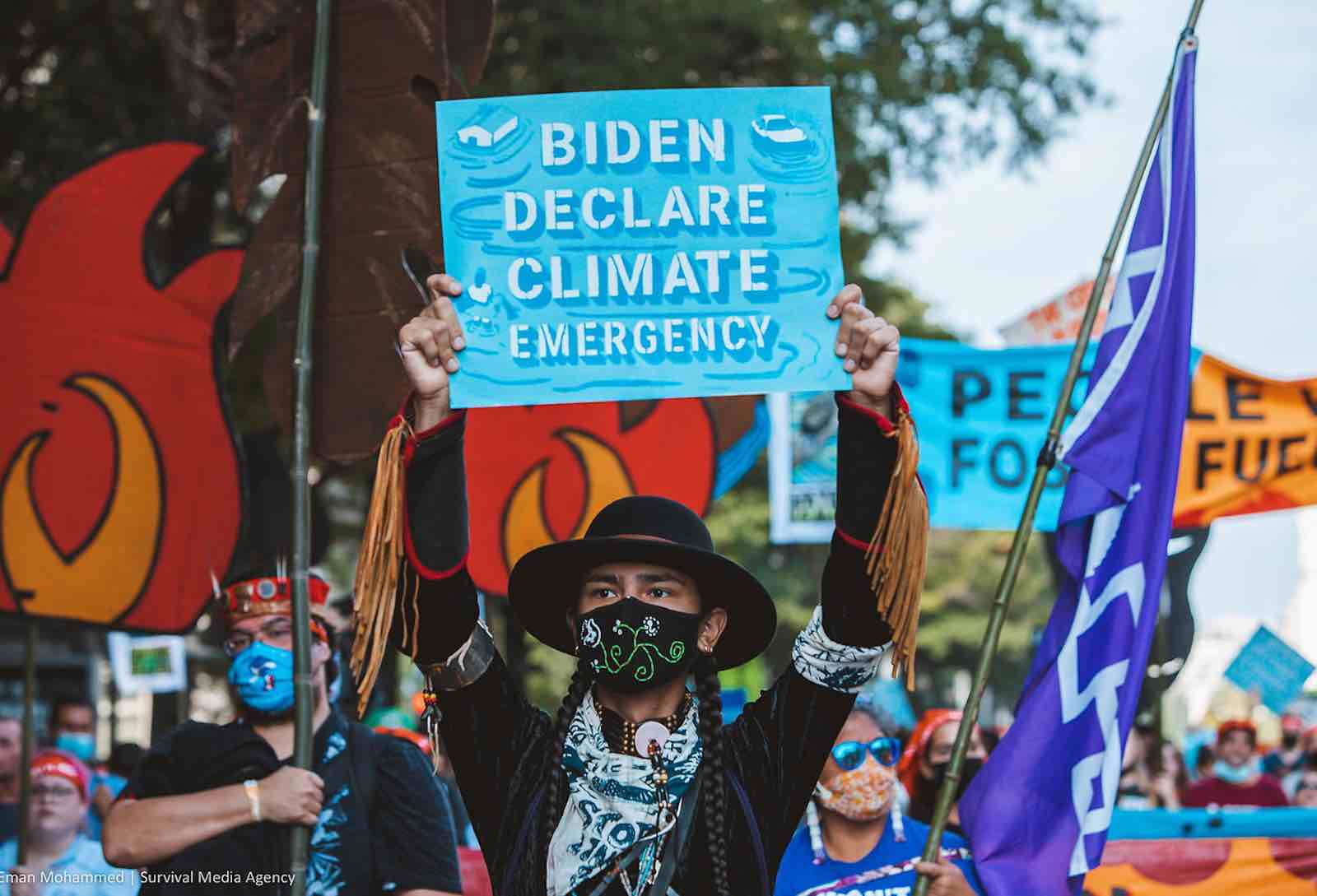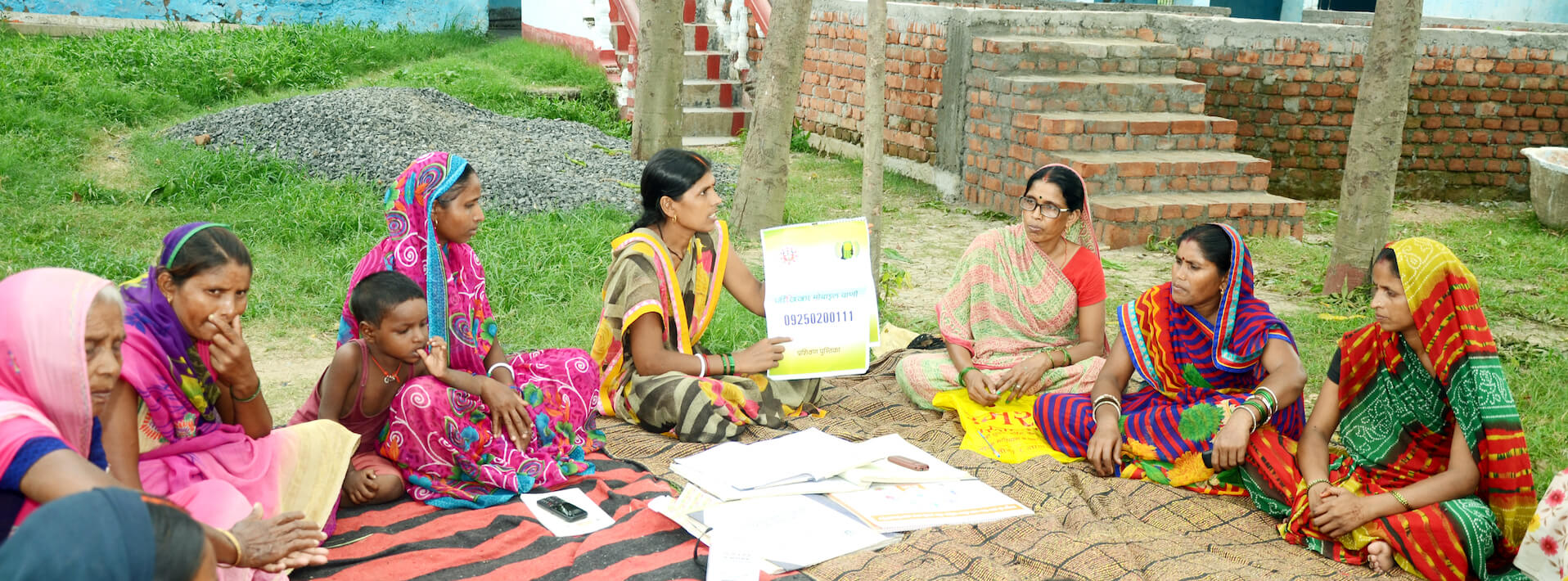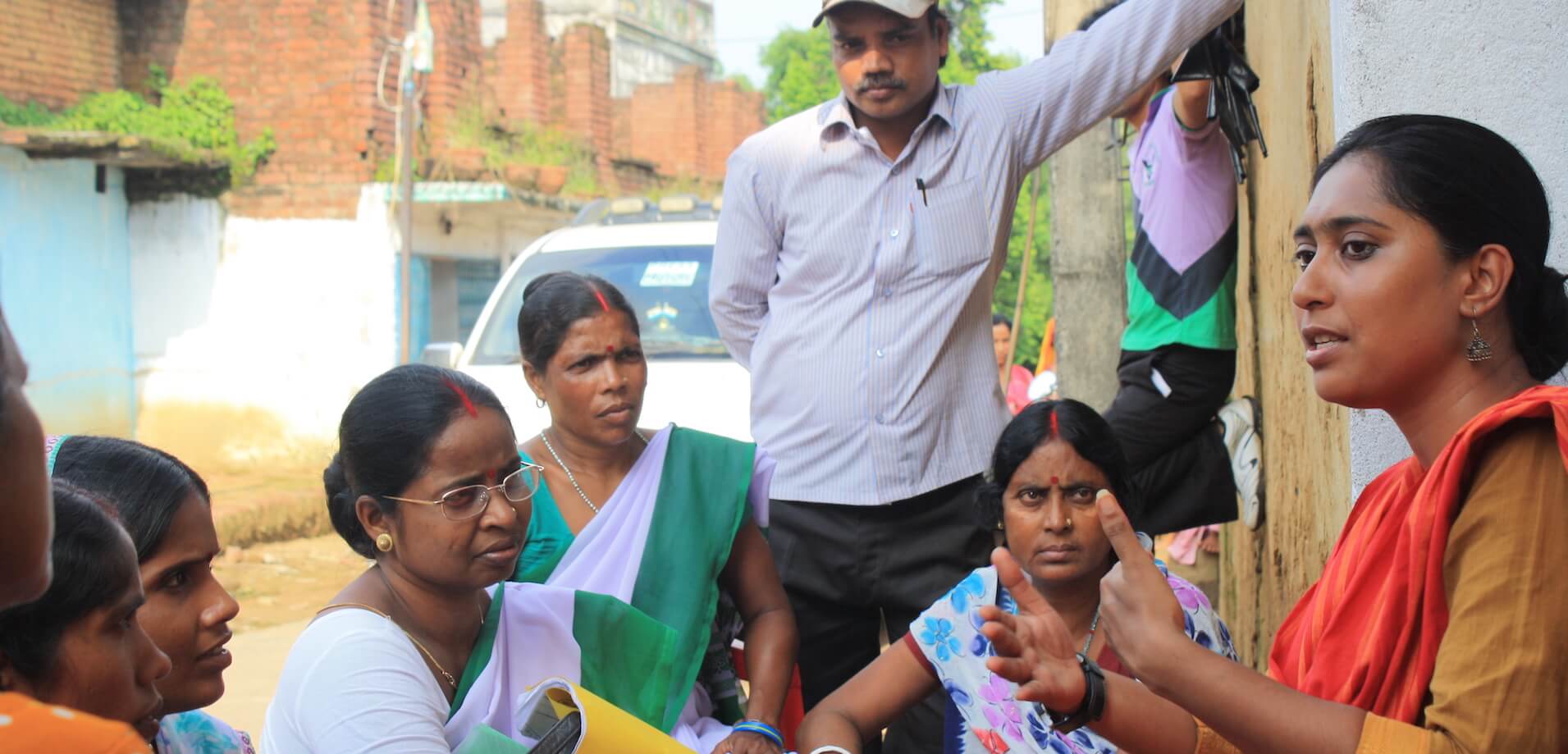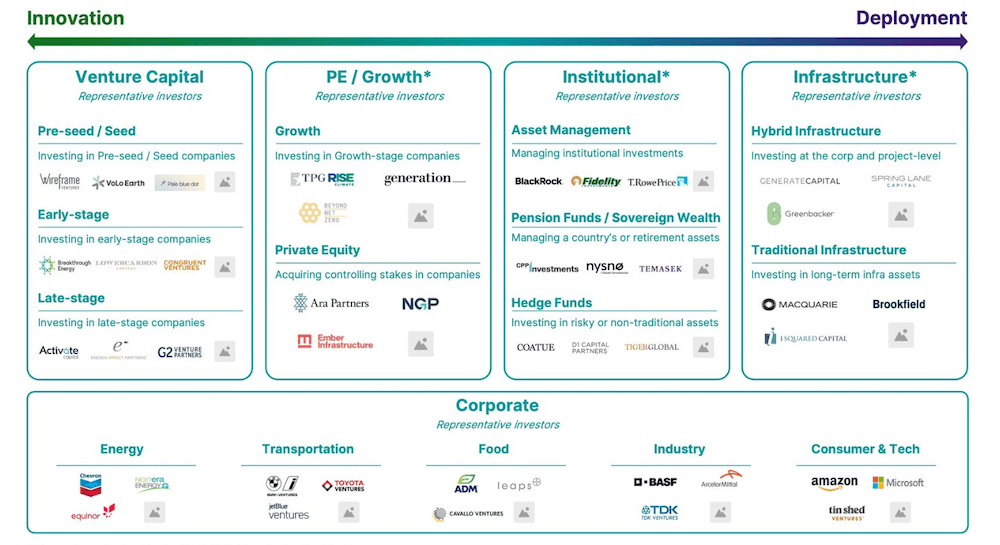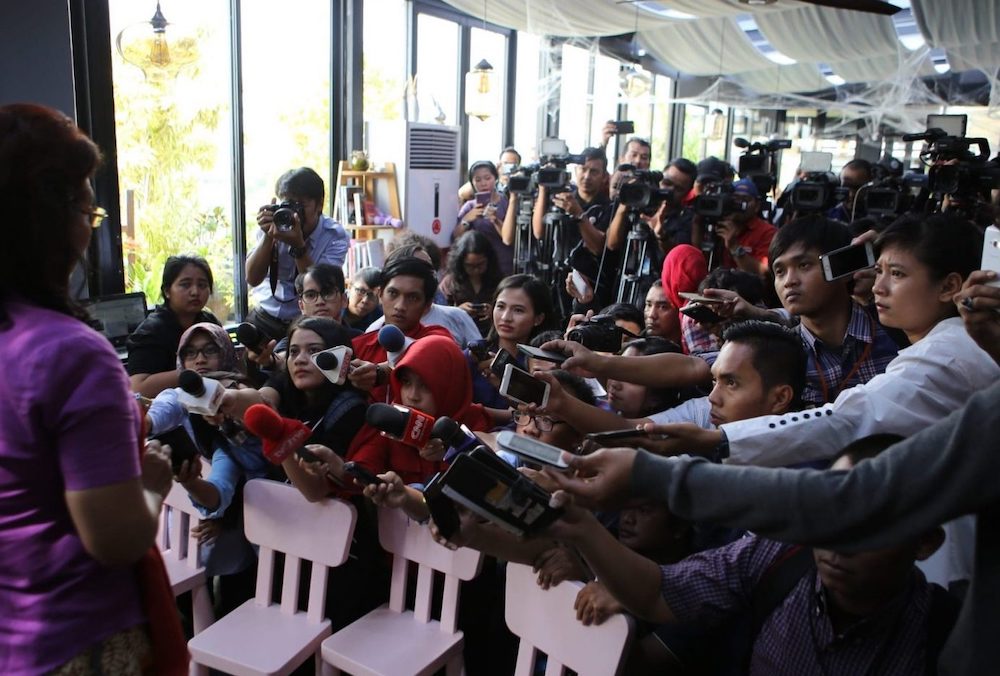ImpactAlpha, July 7 – London-based Aristata launched in 2020 to carve out a slice of the booming litigation funding space for cases that deliver social or environmental impact.
The £40 million ($48 million) first close was anchored by Capricorn Investment Group’s Sustainable Investors Fund and the Soros Economic Development Fund. Capricorn’s early £10 million stake enabled Aristata to back two legal cases supporting underpaid workers in Australia looking to recover wages, and an indigenous community in the South Pacific battling a monopolistic service provider.
“Being able to put the strategy to work has been a huge help…in demonstrating to the market and to other LPs that impactful commercial litigation is out there and is a winning strategy,” Aristata’s Rob Ryan tells ImpactAlpha.
Private equity-like returns that are uncorrelated with the market don’t hurt either. Several foundations and family offices also backed the fund, which is targeting up to £100 million.
The firm says that at least half of the proceeds of any litigation will go to the claimant, and it will track and report its impact via a system it developed with Bridgespan Group.
Legal wave
Litigation is emerging as a disruptive force in impact and environmental, social and governance, or ESG, investing. Charges of greenwashing and new disclosure and fund labeling regulations may open the door to legal challenges on both sides of the issue.
Last year, an environmental nonprofit won a landmark decision against oil giant Shell, forcing it to accelerate its emissions reductions.
Aristata sees an opportunity to address the systemic imbalances that pit small and historically marginalized litigants against deep-pocketed entities that have caused – what it calls “the justice gap In commercial litigation.”
“We have a large and growing pipeline of opportunities that, without our investment and support, are very likely to go unfunded,” says Ryan. “So there’s a lot of work to do and we’re very, very excited.”



